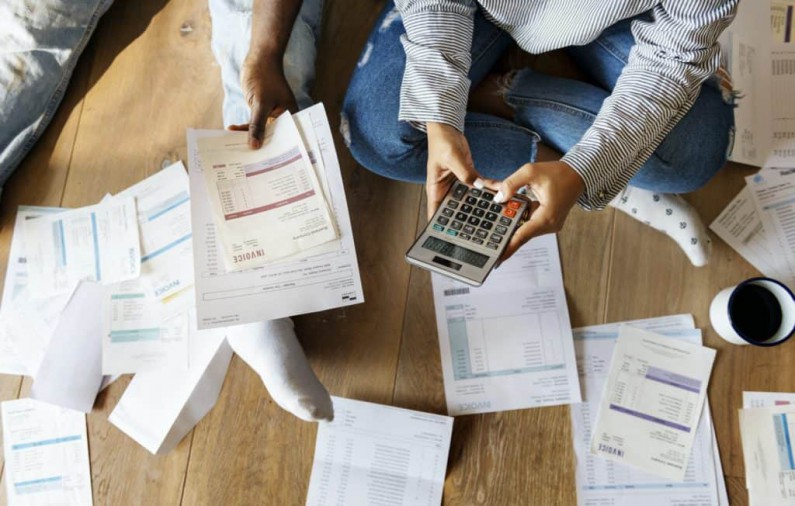There certainly is an argument to be made that no debt is good debt, but borrowing money and taking on debt is the only way many people can afford to purchase big-ticket items like homes and cars.
While such loans usually are justifiable and bring value to the person taking on the debt, there is another end of the spectrum that involves taking on debt through careless spending on a credit card. While it’s easy to differentiate between these two extremes, determining whether or not a debt is good or bad more often involves a deeper analysis of specific circumstances.
Key Takeaways:
- Good debt is a loan that has the potential to increase your net worth.
- Bad debt involves borrowing money to purchase depreciating assets.
- Determining whether or not a debt is good or bad sometimes depends on an individual’s financial situation, as well as other factors.
Good Debt
In simple terms, a good debt is one that is a sensible investment in your financial future, should leave you better off in the long-term and should not have a negative impact on your overall financial position.
Examples of good debt
Here are some examples of how taking on debt could actually make you better off in the long run:
- Student loan: taking out a student loan to pay for university will help you become a graduate. This is a good investment because university graduates typically get paid more than non-graduates.
- Mortgage: a mortgage can be a good debt because it will enable you to purchase a home to live in. Once that mortgage is paid off, that home will be a big financial asset, which is likely to grow in value over time and the monthly mortgage payments could be cheaper than rent.
- Investing in your own business: a loan to help you develop your own business can also be a good debt, as long as you have a sensible and realistic business plan.
- Buying a car you can afford: if it is essential to enable you to get to work and earn a living. However, it’s important that you can afford the loan repayment costs and the running costs of the car out of your income.

'Good debt' – A student loan is an investment in your future.

'Bad debt': Can you really afford that new car?
Bad Debt
Bad debts are those that drain your wealth, are not affordable and offer no real prospect of ‘paying for themselves’ in the future.
Examples of bad debt
Here are some examples of things you should think seriously about getting into debt for:
- A luxury holiday you can’t afford: a luxury holiday can be a trip of a lifetime but is best avoided if it’s accompanied by a lifetime of debt.
- A brand new car you don’t need: If you don’t need to buy a new car, think twice about it. New cars always lose their value quicker than a secondhand one.
- Borrowing money to pay bills and or other credit: if you’re struggling to get to the end of the month you can get free confidential advice, which will help you get your finances back on track.
- Debt for living expenses: You should be living within your means, if you need to use credit to buy your groceries it may be worth reviewing your budget.
Possible New Taxes
Before you enter the voting booth on 17 October it may be worthwhile to consider the possible taxes that could be imposed on us, listening to what has been bandied around in the news of late.
Wealth tax
The Greens have made it quite clear that if they become a coalition partner with Labour they will push for a wealth tax. A wealth tax would mean you would be taxed on all of your assets over a certain threshold, this would include:
- house
- rental property
- Bach
- Shares
- Possibly other investments
- Business
Inheritance Tax/Death Duty
New Zealand first taxed inter-generational capital transfers in 1866. However, the rate of estate duty was reduced to zero in 1993 but has still been left on the statute book and is quite easy for the Government to change this and start charging it again.
HAVE WE GOT YOU THINKING?
Give us a call on (04) 563 6965 or email: dennis@taxman.co.nz or shawn@taxman.co.nz
TAX DATES TO REMEMBER:
- 20 October 2020 – monthly employers PAYE payment…
- 28 October 2020 – Bi-monthly GST Return for Jun/Jul 2020…
- 28 October 2020 – First Instalment of 2021 Provisional Tax for six-monthly GST payers…

